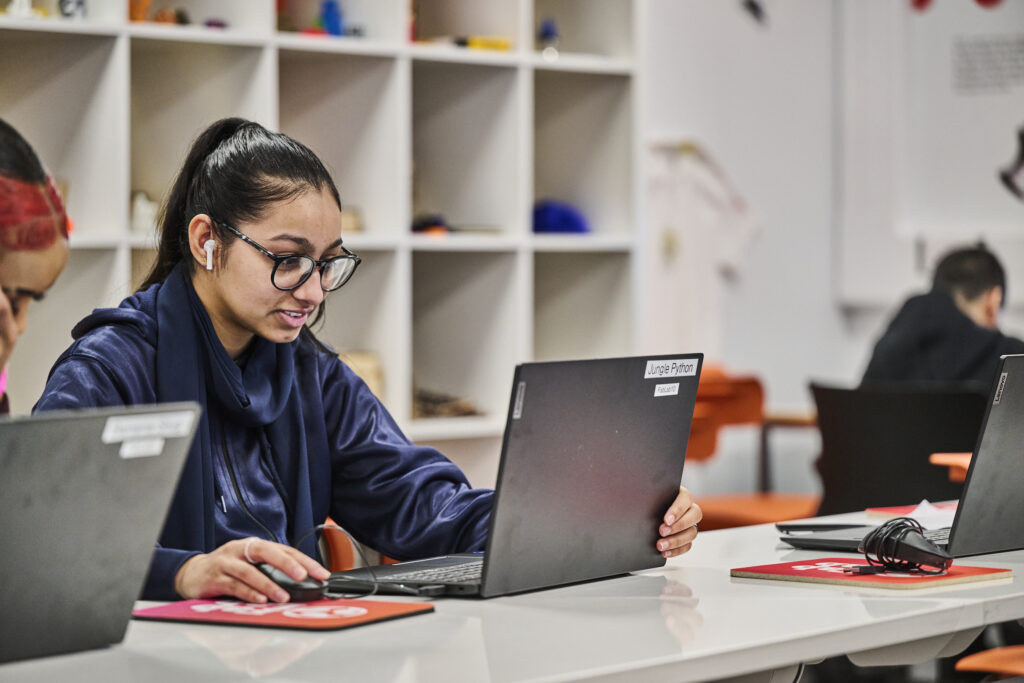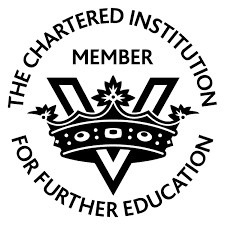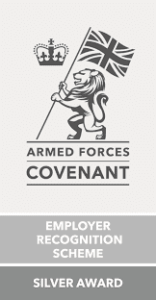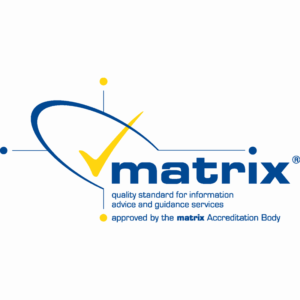There’s no doubt, exams and revision can be challenging. This is why it’s time for you to save time, reduce stress and supercharge your grades by exploring the seven inspiring and informative solutions we can offer to help support you day-to-day, and discover the top tips for you and your learning style, so you can be successful this summer.
TIP 1. PLAN
Creating a revision timetable and having everything written down in front of you will make a real difference when you have multiple exams to study for. Ask yourself:
- When are your exams?
- What topics do you need to revise?
- What subjects do you need to commit more time to?
so that nothing gets forgotten and you cover everything you need to in time for your exams. Write out every topic for every subject you need to revise, then estimate how many sessions you will need to revise that topic. Put this into a timetable so you will know exactly which area to cover during that time period. By breaking everything down into more manageable chunks your revision will suddenly feel much less daunting and you’ll have a proper idea of the task ahead. You can also keep a good study/life balance and won’t be likely to burn yourself out. Being able to access your timetable on the go with Google Docs or an app will give you more flexibility over where you can study.
TIP 2. BREAKS
Sticking to short revision sessions of say 40 minutes, taking regular 10-minute breaks, and switching up what and how you study will keep things more interesting. You’ll be more focused and you’ll retain more information.
How many hours should you revise per day?
This will depend on how much you need to revise and how you’re doing so far. Four-hour cramming sessions sound impressive but you don’t want to be in a situation where you aren’t covering material in enough detail, and you’re not remembering what you need to.
Don’t push yourself beyond your limits. Studying in shorter sessions with breaks keeps your brain stimulated. Movement breaks are ideal for giving your brain extra stimulation by moving your body and working your muscles.
TIP 3. POST-ITS
Post-it notes can be used in lots of creative ways to really help you with your revision. Write difficult to remember facts, quotes or formulae on different coloured notes for each subject, and stick them where you’ll see them, for example around the bathroom mirror. You can use them to keep key info as reminders around your revision space, so write down English Literature quotes, French tenses or verb endings, anything you can think of. Making flashcards rather than just re-reading your notes helps you practise remembering the information. You might even enjoy getting your colours ready and getting organised for revision and exams!
You can use post-it notes to:
- Boost your memory
- Look, cover, say and write
- Test your sequencing for a geography or science process
- Create a mind map and explore your ideas on a large piece of paper
- Make essay plans using your post-it mind map
- Mark your textbooks to keep track of important pages and information.
TIP 4. PRACTICE
Get your hands on previous papers, available at college and online, and get used to the type of questions you’ll face in your exam. Unfamiliar language might throw you off if you’re encountering it for the first time on exam day, so practice is key. Do each paper at least twice and trawl through the mark scheme to give you a better idea of how to think through an exam question.
TIP 5. DISCONNECT
Turn off your phone, tablet or TV! Minimise any distractions to keep you focused, even if that means asking a disciplined friend to keep you motivated and stop you reaching for your phone – as long as you’re not distracted by their presence. Not everyone has an area at home to revise comfortably for long periods. Distractions, from Netflix to games, can stop you from focusing on particularly tricky subjects. Setting up your study space in college, the library or a local café can be an alternative. You might need some sort of background noise to help you concentrate, so work out what kind of environment works best for you. What level of noise do you prefer? Where is your ideal place to study? What do you like to have with you? Water, snacks, books, notes?
TIP 6. TEST
Share what you’ve learnt with family members and friends, or ask them to test you with a few quick-fire questions. Repeating the information will keep it fresh in your mind and you’ll know if all that revision is sticking. Try making notes without looking at your books or explaining key concepts to others to check that what you’re learning makes sense to you. Revising can be quite isolating so testing yourself with friends can be very helpful for that active recall before the exam.
TIP 7. EAT/SLEEP
Having a healthy diet and getting plenty of sleep will:
- keep you feeling fresh
- fight off any germs
- keep you on top of your game
So now you’ve done all the hard work, all that remains for us to say is GOOD LUCK!
















